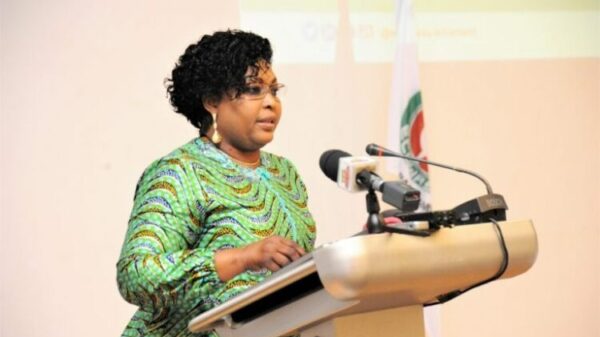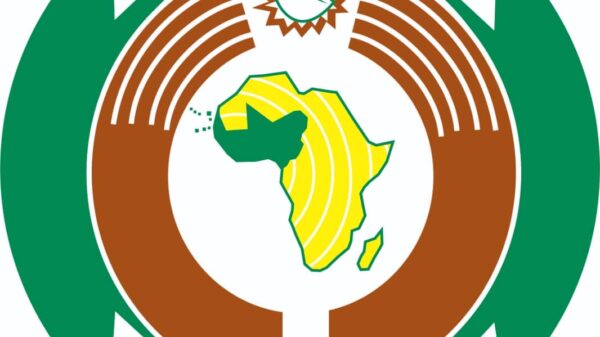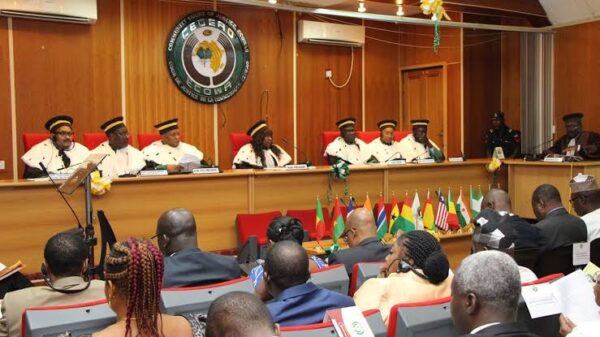Adnan Adams Mohammed
The Government of Ghana has targeted to pursue ‘aggressive’ domestic revenue in combination with other macroeconomic stabilization and fiscal consolidation policies in next year.
In reading the 2024 Budget Statement and Economic Policies to Parliament, last week, the Finance Minister indicated that, the medium-term macroeconomic framework has been prepared to achieve the objective of the IMF-Supported PC-PEG through the under-listed priorities.
They include implementation of the IMF-Supported PC-PEG which is set to achieve; macroeconomic stabilization, fiscal consolidation, ‘aggressive domestic revenue mobilisation’, expenditure rationalization, structural reforms, and social protection. The government has projected a Non-oil Domestic Revenue of 15.1 percent of GDP in 2014 against a total revenue and grants of 16.8 percent of GDP. In value the government has targeted to mobilise, Total Revenue and Grants of GH¢176.4 billion (16.7% of GDP).
“The projection is underpinned by permanent non-oil revenue measures which are expected to
yield at least 0.9 percent of GDP consistent with the medium-term revenue path under the
IMF-Supported PC-PEG and the Medium-Term Revenue Strategy”, Ken Ofori-Atta emphasized during the budget statement presentation.
“The fiscal effort for 2024 is anchored on the following revenue and expenditure measures.”
In outlining some of the revenue measures the government plans to implement, Mr Ofori-Atta noted that, notwithstanding the efforts made by Government so far, there still exists a significant
VAT gap that needs to be urgently addressed to improve revenue performance.
In this respect, the following measures will be put in place: the Commissioner-General’s certified invoice will be the basis for all deductible expenses for income tax purposes; the second phase of the electronic invoicing system (e-VAT) covering six hundred large taxpayers and more than two thousand small and medium taxpayers will be implemented; the implementation of the upfront VAT on imports of Vatable goods by unregistered importers will continue; A VAT flat rate of 5 percent will replace the 15 percent standard VAT rate on all commercial properties will be introduced to simplify administration and enhance revenue mobilisation; and some VAT exemptions will also be reviewed to reduce distortions and abuses in the system.
Also, among the priorities are: Completion of the Debt Restructuring Programme; Finalization and implementation of the Growth strategy with a focus on value addition, export promotion, domestic and foreign investments, Agriculture, Industry, Tourism, Textile & Garments, and Digitalisation; Leveraging climate financing for Green Growth;
Focus on completing ongoing Infrastructure for Poverty Eradication Programme (IPEP) projects rather than start new ones; Road infrastructure; Rural electrification and telephony; Complete the issuance of Ghana Cards; Promote Peace and Security; and, The 2024 general Elections (Governance Institutions, NCCE, Electoral Commission).


















